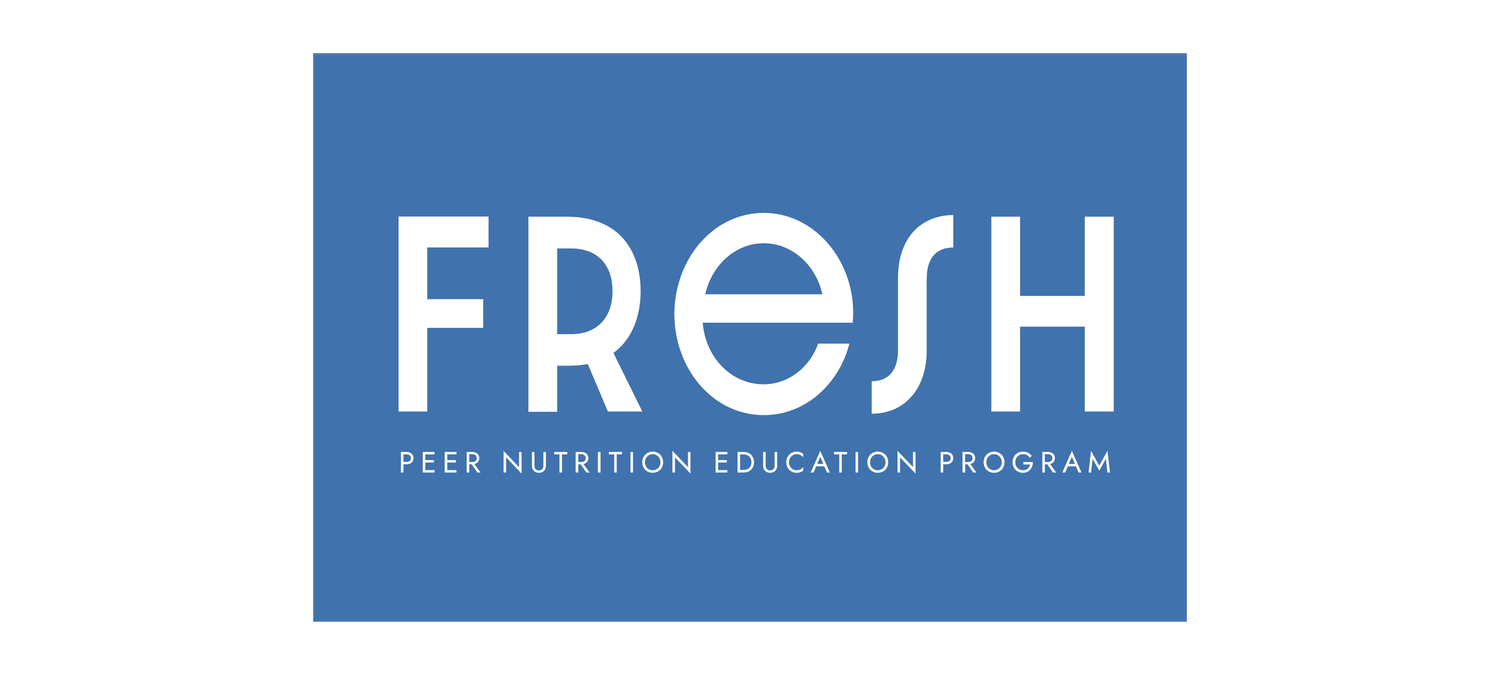Nutrition for Exams - Addressing Cognition and Stress
Feeling overwhelmed? Go for a walk to help clear your head and keep you alert. Physical activity releases endorphins which help reduce stress and enhance your mood.
A good night’s sleep really boosts your performance. Sleeping for at least 7 hours has been proven to increase your performance by 10%. To function at you best on exam day, you not only need the energy that comes from healthy nutrition, but also the energy that comes from adequate, restful sleep.
Did you know the what you eat and drink before your exam can affect your exam performance? The right food and drinks can energize your body, improve alertness, and maintain concentration throughout the entire exam. Protein-rich foods like eggs, nuts, yogurt, and cottage cheese increase mental awareness. Fruit also helps to fuel the brain to help you think faster and remember more easily. Avoid foods high in sugar, such as cookies, chocolate, and candies, as they will send your brain off on sugar highs and lows, making it difficult to concentrate.
Breakfast consumption has been associated with enhanced cognitive ability and academic performance.
Over-eating while studying? Remember that thirst can be confused with hunger. Try drinking a glass of water to help quench your thirst.
Exam time is stressful and can lead to inadequate meals or frequent snacking. When snacking during your studies, keep these tips in mind:
Chop up extra vegetables when cooking meals to have healthy snacks on hand
Hard boil eggs at the beginning of the week to snack on (they will stay fresh in the fridge for up to 7 days)
Stock up on easy to grab snacks such as apples, pears, bananas, plums, grapes, fruit cups, yogurt, unsalted nuts, and granola bars with at least 4 grams of fibre
Exceeding 500mg of caffeine per day (equivalent to 2.5 large Tim Horton’s coffees) has been shown tp have a negative effect on cognition and learning
